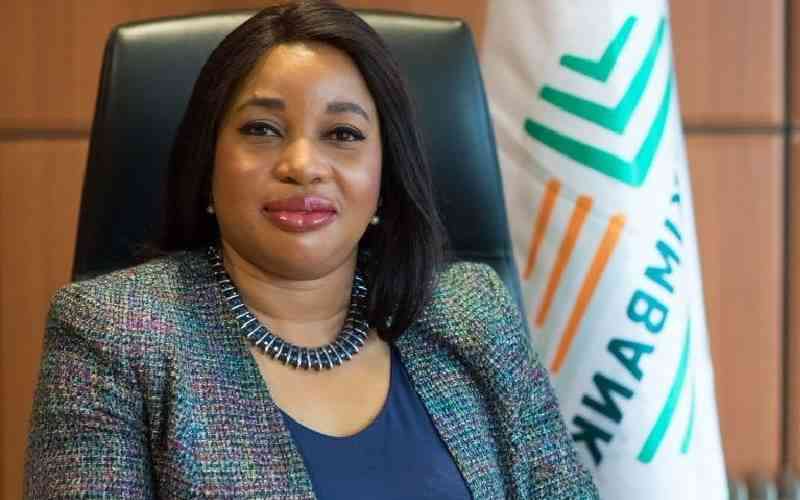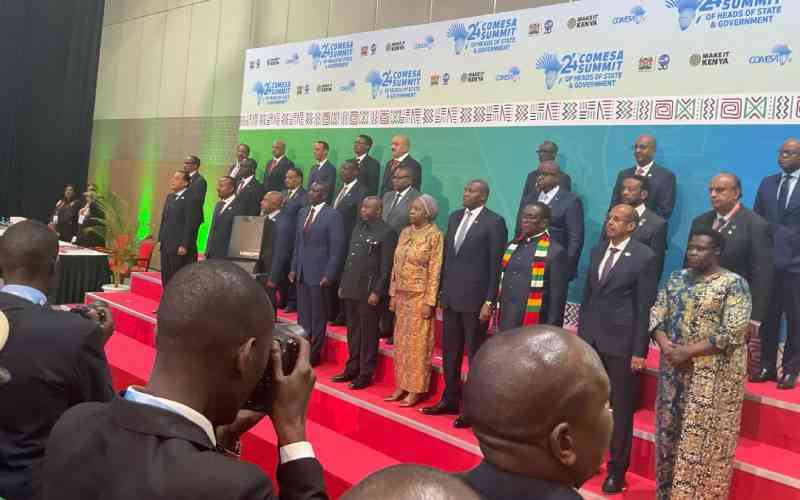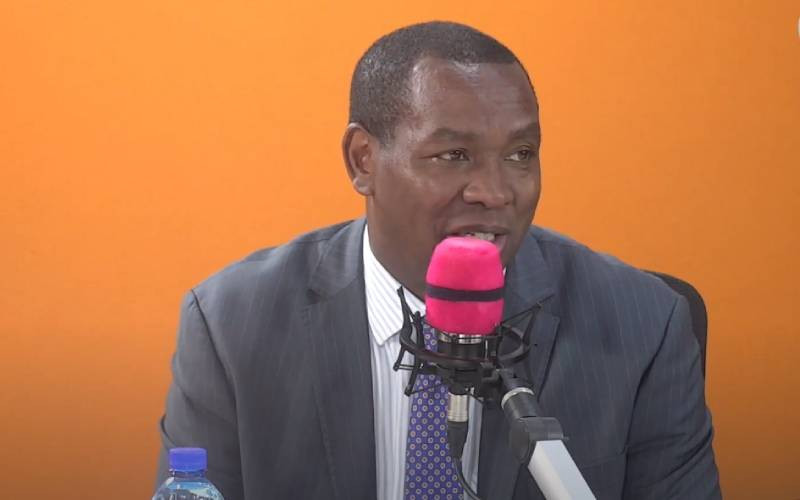
African trade experts including from Kenya will gather in Abidjan next month for a key seminar aimed at tackling the continent's $100 billion trade finance gap, with a special focus on designing financial instruments for small and medium-sized enterprises (SMEs), organiser Afreximbank said on Wednesday.
The 25th African Trade Finance Seminar (ATFS2025), scheduled for November 4-6, will concentrate on trade finance structures—complex financial solutions that use a company’s assets, like inventory or receivables, as collateral to secure loans and guarantees often deemed too risky under standard lending rules.
SMEs form the backbone of African economies including Kenya, constituting over 90 per cent of businesses and providing the majority of employment. However, they are consistently starved of capital, a key factor constraining economic growth and intra-African trade. This seminar aims to address that bottleneck directly, organizers said.
"This seminar equips financial leaders with the tools to unlock growth at scale, especially in challenging conditions," said Gwen Mwaba, Afreximbank’s Managing Director of Trade Finance in a statement, adding, "Structured trade finance is Africa’s ticket to turning unbankable deals into viable trade."
The training's importance lies in its timing and location. As global banks retreat from emerging markets due to tighter regulations and risk aversion, African financial institutions are under pressure to develop their own capacity to fund trade.
"Hosting this training in Africa allows hundreds of African professionals to build critical expertise at a fraction of the cost," Mwaba added, contrasting it with programmes in financial hubs like London or New York.
Expected outcomes include a more skilled cadre of African bankers better able to craft loans for smaller businesses, potentially increasing the flow of capital to a neglected sector.
The seminar will cover specialized topics like Reserve-Based Lending—a structure that uses oil and gas reserves as collateral for loans—and syndications, where multiple lenders club together to fund a single large deal, thus spreading the risk.
Kenyan small enterprises and those from other African nations will take centre stage in the discussions, as finding ways to bring them into formal trade channels is seen as critical for the success of the African Continental Free Trade Area (AfCFTA).
The seminar will feature workshops from institutions like the World Trade Organization and S&P Global Commodity Insights, focusing on reducing costs and understanding new global trade dynamics.
A dedicated factoring workshop—where companies sell their invoices to a third party at a discount to get immediate cash—will follow the main event, providing another tool to improve SME liquidity.

